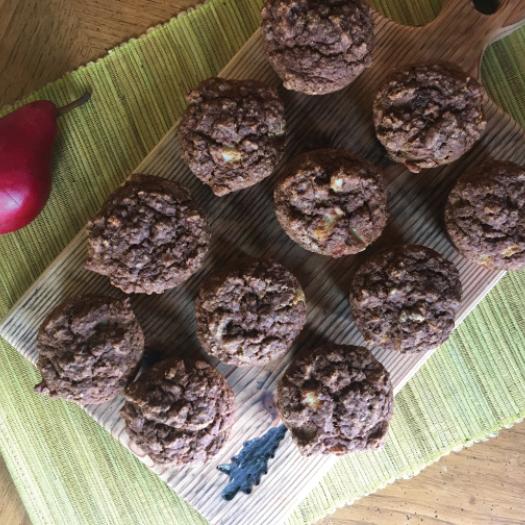
Ask the Nutritionist: Natural Sweeteners
Dear Nutritionist: What are the best choices when it comes to natural sweeteners?
Reducing your intake of added refined sugars and artificial sweeteners is definitely a good idea when it comes to overall health. Refined sugars are void of micronutrients and a high intake has been linked to many chronic health conditions. Artificial sweeteners have also been implicated with less than desired effects including increased obesity rates, changes in good gut bacteria, and digestive distress. However, when the weather starts to get cooler and we start to enjoy home-baked goods, there are better choices that can provide some unique health benefits and added nutrients.
Stevia, Monk Fruit, and Xylitol
These low- or zero-calorie sugar substitutes can be a great alternative for artificial sweeteners, especially for those monitoring their carbohydrate intake. However, as with everything, they can sometimes seem too good to be true. Stevia, which is an herb, can be found in whole leaf, liquid, and crystal form. The more refined it is, the more chemicals and bleach the product contains. Therefore, it is best to buy raw organic green leaf stevia to avoid bleach, bulking agents, and other chemicals. Monk fruit (also known as lo han guo), is a fruit grown in Southeast Asia. The juice retained after crushing the fruit is 150–200 times sweeter than sugar. Aiming for a minimally refined product reduces exposure to other chemicals. Finally, xylitol, which is derived from birch trees and chemically processed, contains lower amounts of calories per gram when compared to sugar. However, sugar alcohols can cause digestive distress when consumed in large amounts.
Organic Pure Maple Syrup
Sourced straight from the sap of the maple tree with minimal processing, this syrup provides more nutrients than refined sugar. Rich in manganese, riboflavin (B2), zinc, and polyphenols, it is definitely a better sweetener than sugar. It also contains no added coloring agents or artificial flavorings, preservatives, or additives.
Raw Unpasteurized and Unfiltered Honey
Honey is made from the nectar of flowers collected by honeybees. Since ancient times, honey has been used as food and as traditional medicine. Raw unfiltered honey is rich in vitamins, minerals, enzymes, antioxidants, and propolis resins that contain phytonutrients with anti-inflammatory benefits. Pasteurized and filtered honey will not contain the same benefits. Honey should not be given to infants under one year of age as it can be contaminated with Clostridium botulinum spores.
Unsulphured Blackstrap Molasses
This dark liquid is made from three rounds of boiling sugar cane and extracting the sucrose (sugar crystals). It is the darkest and most mineral-dense molasses. Although many sugars have been removed from the syrup, it gets caramelized from the three rounds of heating. Rich in iron, magnesium, potassium, and calcium, this syrup is a very nutrient-dense sweetener. Make sure to choose organic unsulphured blackstrap molasses to avoid added sulfites which many people cannot tolerate.
Dates & Dried Fruit
Adding chopped dried medjool dates or other dried fruit into baked goods can add a sweet flavor while also adding substantial fiber and nutrients. In place of adding more sweetener, try throwing in a handful of your favorite dried fruit. You definitely won’t miss the extra sweetener.
Coconut Sugar & Coconut Nectar
Made from the coconut blossoms of the coconut tree, coconut nectar and coconut sugar are better alternatives when compared to processed sugar. However, the nutrient density is less impressive than that of the other choices mentioned above. On the plus side, it does contain inulin, a dietary fiber that supports the growth of good gut bacteria.
The Bottom Line
If I had to choose my top sweeteners they would be raw unfiltered honey, unsulphured blackstrap molasses, organic pure maple syrup, dried fruit, and monk fruit.
raw unfiltered honey, unsulphured blackstrap molasses, organic pure maple syrup, dried fruit, and monk fruit
However, when choosing to use a sweetener, low calorie or not, it is still best to keep total intake to minimum. A good rule of thumb is to limit added sugars to no more than two tablespoons per day whether it’s from maple syrup, molasses, honey, or monk fruit.